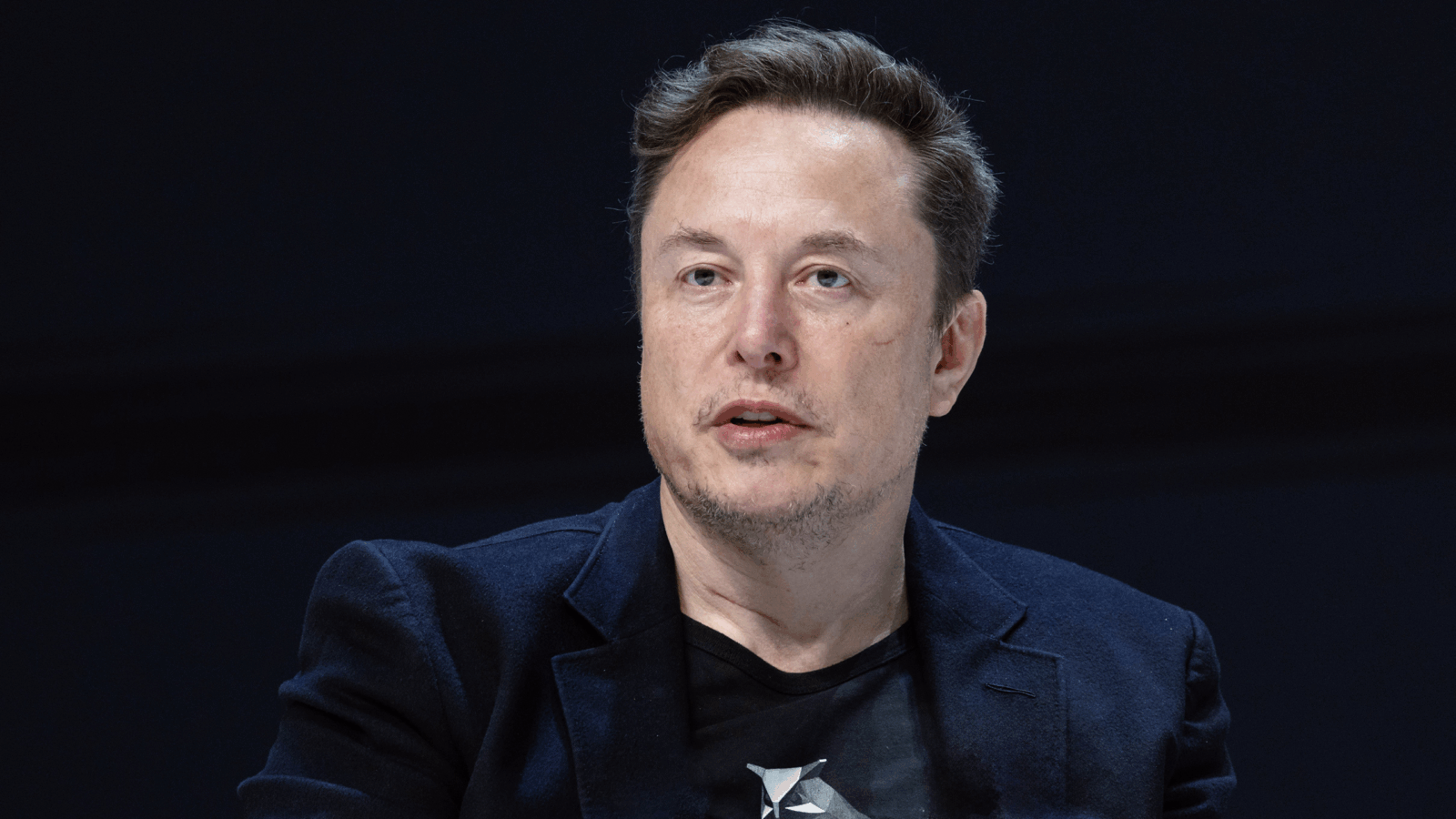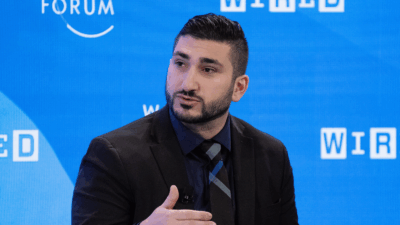
Sign up for smart news, insights, and analysis on the biggest financial stories of the day.
There’s a ghost in the machine, or is it a bot in The Terminal?
On Thursday, a Bloomberg official told CNBC that the company plans to weave ChatGPT-style software into its Bloomberg terminal product. The same day, Amazon CEO Andy Jassy announced the company — which has slashed other parts of its business along with 27,000 jobs — is “investing heavily” in generative AI.
Piling On
Bloomberg has built its own software rather than relying on OpenAI, the company behind ChatGPT. This means it’s been trained on a narrower set of data than ChatGPT, the idea being this will make its generative AI tool better-versed in the world of finance. Probably a good call, given AI tools have so far proven a bit slapdash when it comes to talking about financial matters, or even basic math.
Amazon’s adoption of generative AI is broader, which is not surprising considering the company’s everything, everywhere, all at once approach to business:
- Jassy hinted that generative AI could be integrated into the customer experience, but played coy on exactly how. We’d suggest having AI come up with ways to make Amazon’s website stop recommending the same thing you already bought over and over and over again.
- Even if Amazon ends up producing an underwhelming generative AI product for consumers, it’s making another play to target the companies taking part in the same gold rush. AWS, Amazon’s cloud computing wing, is announcing a suite of tools to persuade developers to use its services to build their own large language models and generative AI tools.
Underpinning the infrastructure of the internet has worked well for AWS so far, and it looks like Jassy is following that playbook, as running tools like ChatGPT takes a phenomenal amount of computing power.
“Some statistics suggest that ICT (Information and communication technology) contributes more to climate change than aviation globally and that the needed energy for AI has increased an estimated 300,000 times between 2012 and 2018,” Professor Sandra Wachter, an expert in AI, told The Daily Upside, adding “Other numbers suggest that one training session for ChatGPT requires the same annual energy consumption as 126 Danish homes in a year.”
Eurotrashed: While competitors try to ape OpenAI’s success, regulators overseas are cracking the whip. Italy, which blocked ChatGPT last month citing privacy concerns, sent a list of demands to the company that it must comply with by April 30 or remain blocked. Meanwhile, the French privacy watchdog is looking into complaints it’s received about ChatGPT, and the EU’s overarching data protection board has assembled a task force dedicated to policing it.











